৩০ মাঘ ১৪৩২
The New Pope election process begins on May 7
29 April 2025 13:04 PM
NEWS DESK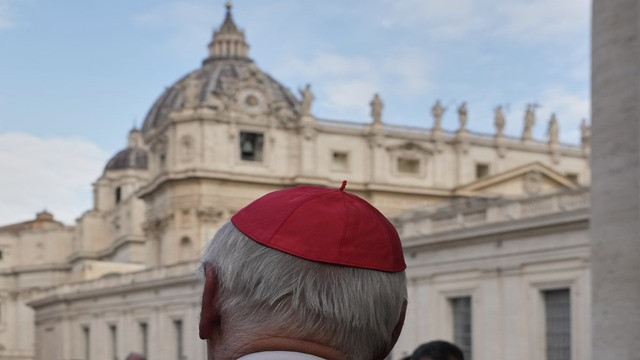
The College of Cardinals, gathered in the Vatican City, has announced that they will begin their conclave to elect the 267th pope of the Catholic Church on May 7. The decision was made during the Fifth General Congregation of the cardinals in the Vatican’s Synod Hall on April 28, the Vatican News reported.
The highly secretive process of the election of a pope will take place inside the closed doors of the Vatican’s Sistine Chapel. The conclave, which comes after Pope Francis’ death on April 21 and burial on April 26, will be preceded by a solemn Mass, attended by all available members of the College of Cardinals, the electors.
Following the Holy Mass, the electors will move in a solemn procession to the Sistine Chapel, and each will take the oath following a prescribed form. Through this oath, they commit, if elected, to faithfully fulfill the Munus Petrinum as Pastor of the Universal Church, as the Vatican News reported.
The cardinals will also pledge to maintain absolute secrecy regarding the procedures and to refrain from supporting any attempts for external interference in the election.
Following the pledge, the Master of Pontifical Liturgical Celebrations will proclaim the extra omnes, meaning that all individuals who are not part of the Conclave must leave the Sistine Chapel.
Among the 252 cardinals in the church, 135 under the age of 80 are eligible to vote for a new pope. Some 80 percent of the cardinal electors were appointed by Francis -- though that is no guarantee they will pick a successor in his likeness. Only the Master himself and the ecclesiastic designated to deliver the second meditation remain.
This meditation focuses on the grave responsibility that rests upon the electors and the necessity of acting with pure intentions for the good of the Universal Church, keeping only God before their eyes.
The election process is conducted with utmost secrecy and the electors must refrain from sending letters or engaging in conversations, including phone calls, except in cases of extreme urgency. “They are not allowed to send or receive messages of any kind, receive newspapers or magazines of any nature, or follow radio or television broadcasts,” the Vatican News reported.
To elect a new pope, a two-thirds majority of the electors present is required. If the total number of electors is not evenly divisible by three, an additional vote is necessary. Two ballots are slated to be held each day; however, in case the voting begins on the afternoon of the first day, there will be only one ballot.
After the votes are counted, all ballots are burned. In the event of an inconclusive ballot, a chimney positioned over the Sistine Chapel emits black smoke. If a Pope is elected, white smoke will billow out of the chimney.
If they fail to elect a pope after three days of inconclusive voting, a day's break is allowed for prayer and discussions before resuming the process.




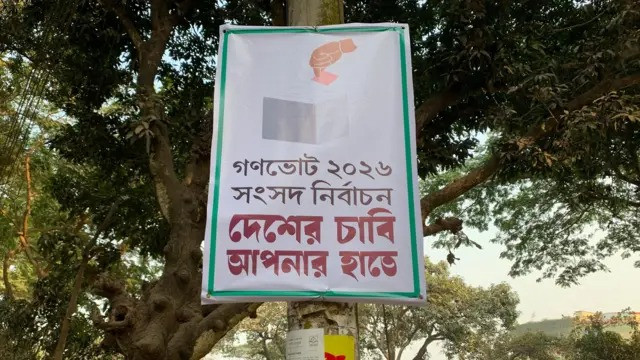
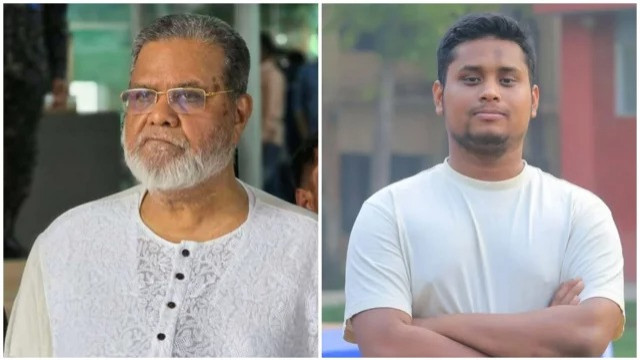
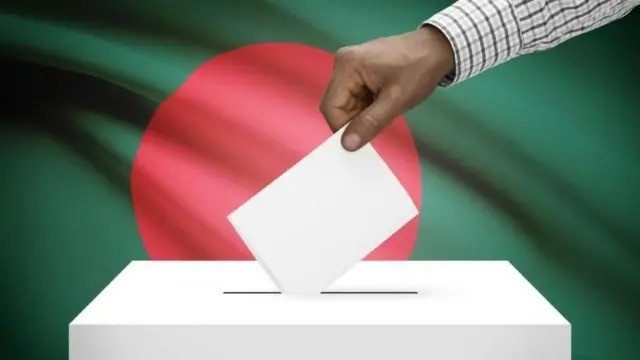
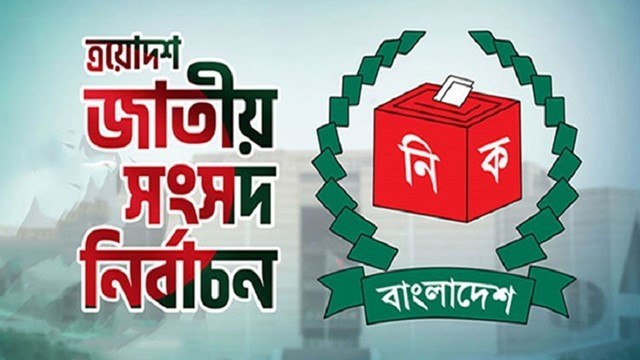
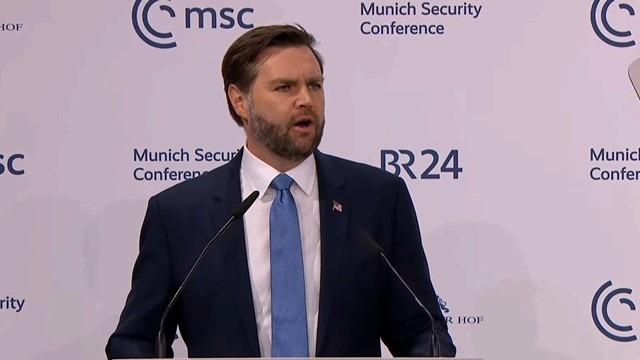
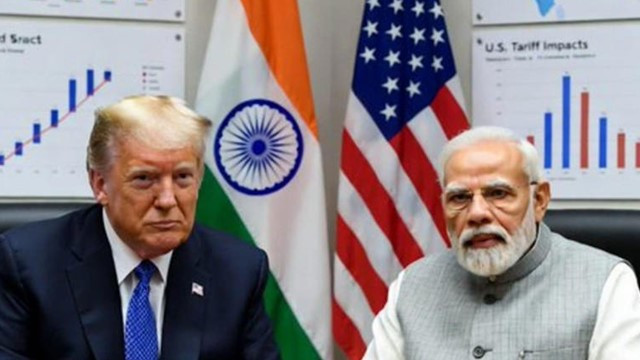

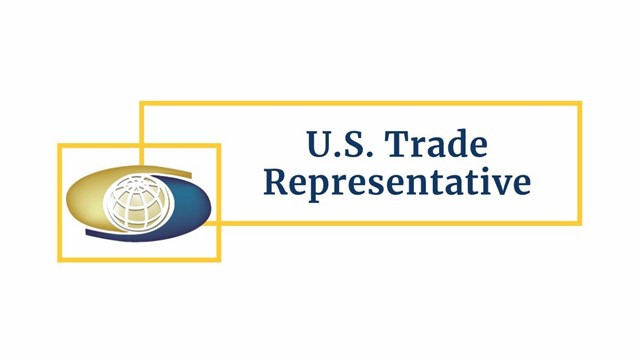
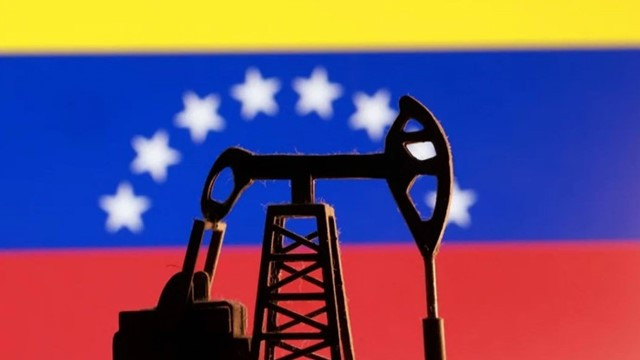

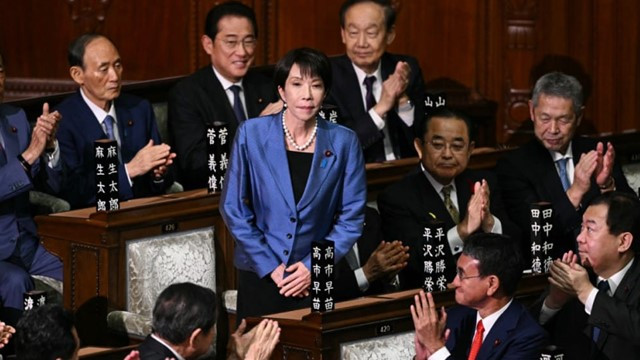

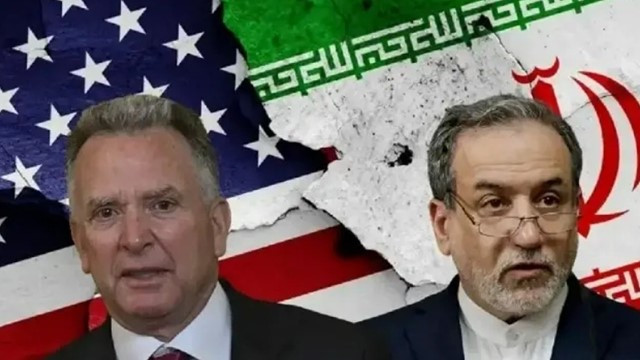
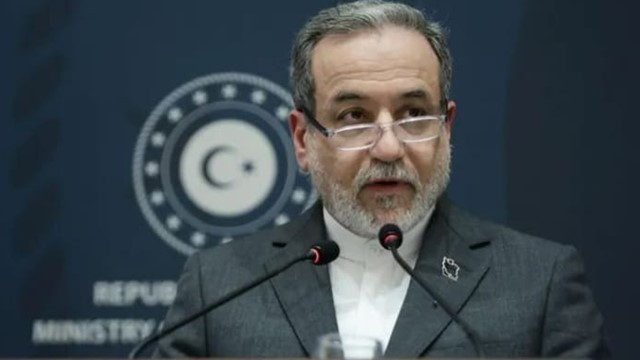
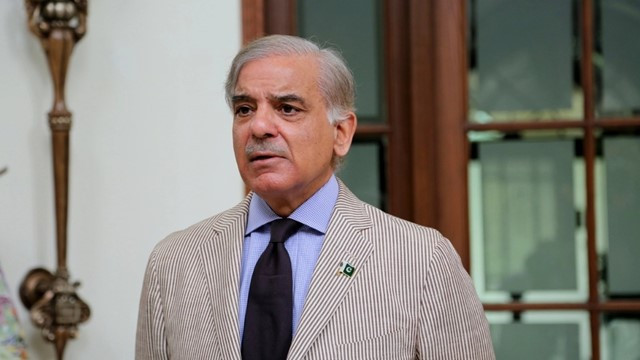
Comments Here: